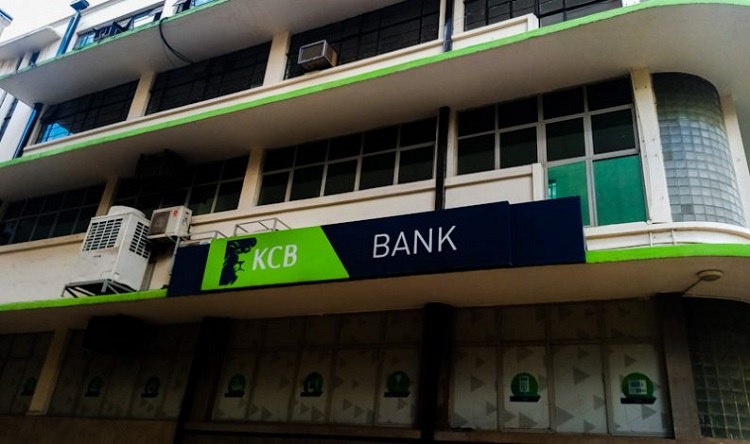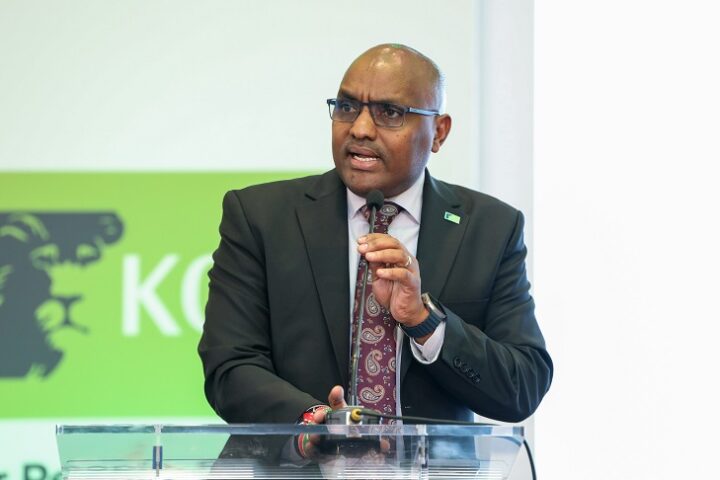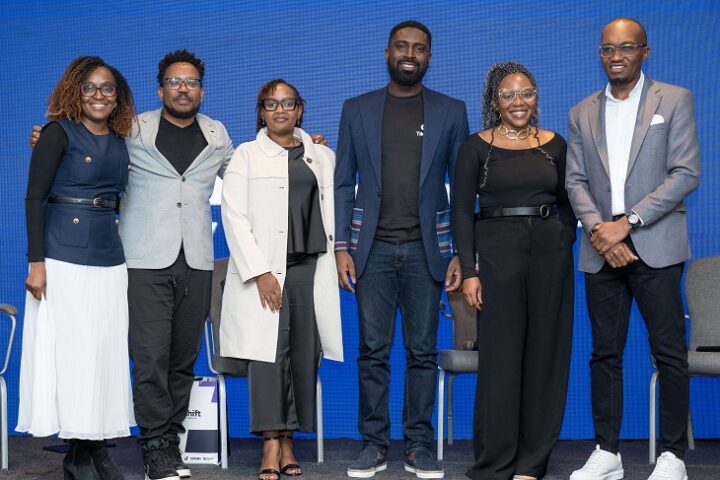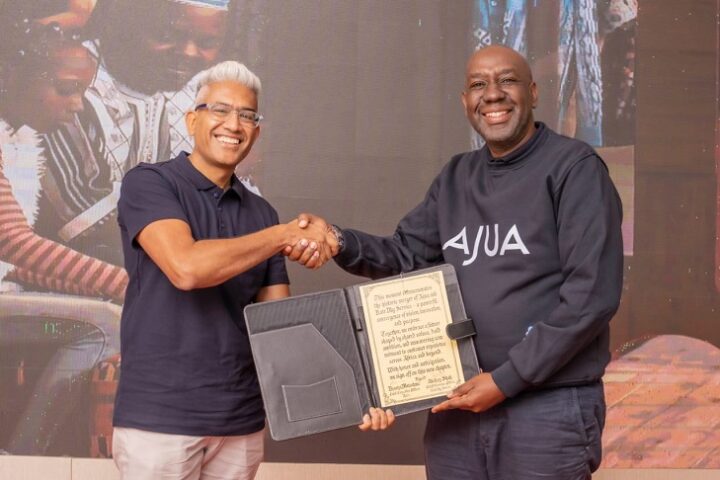I attended the announcement of the Half-Year results for KCB Bank. This was the third bank results I was attending for the week. It was as though banks were competing on who would release the results first.
When I attend such events, I usually listen to what CEOs say on such occasions. On this one, of the three CEO, Paul Ruso, the man behind KCB, wowed me when he was asked about financial inclusion.
The other two CEOs of the other banks were asked the same question when they were releasing the results, and all their answers often seemed the same. But Paul Ruso broke the tradition and moved away from the Kenyan textbook way of explaining what financial inclusion is.
“Financial inclusion is not about banking apps. It is about being able to be part of customers’ lives, solving their problems, and giving them the convenience they need. It is not always about transacting, but the experience,” he said.
Mr. Ruso said as other banks have been cutting down on brick and mortar, KCB has been opening up new branches. “Many think financial inclusion is to go all digital. At KCB, that is not what we believe. We are setting up branches in areas where there has never been a bank, and when we see the smiles and the curiosity, we know that we have moved closer to our people. Now, that is financial inclusion.”
He also said that KCB had enhanced its mobile banking platform that provides an all-in-one bespoke digital banking outlook, introducing breakthrough self-onboarding capabilities, allowing customers to register and begin banking instantly, anytime, anywhere.
Powered by advanced artificial intelligence, data analytics, and a mini-app ecosystem, the platform is built for scale, agility, and inclusivity, delivering a truly personalized and future-ready banking experience.
The app will deliver a seamless and personalized banking experience, further reinforcing the Bank’s position as a digital financial market leader in response to the ever-evolving customer needs.
Related Content: KCB Launches A Revamped Mobile Banking App As Disbursements Hit Ksh116 Billion











